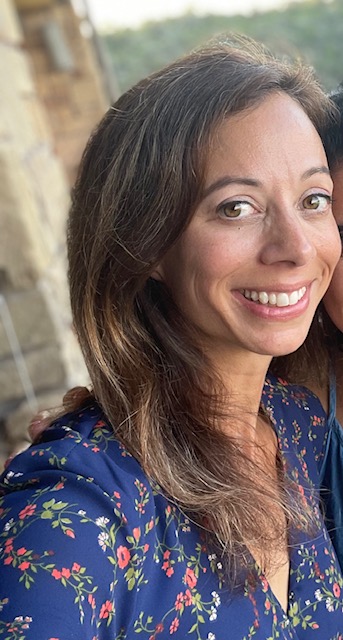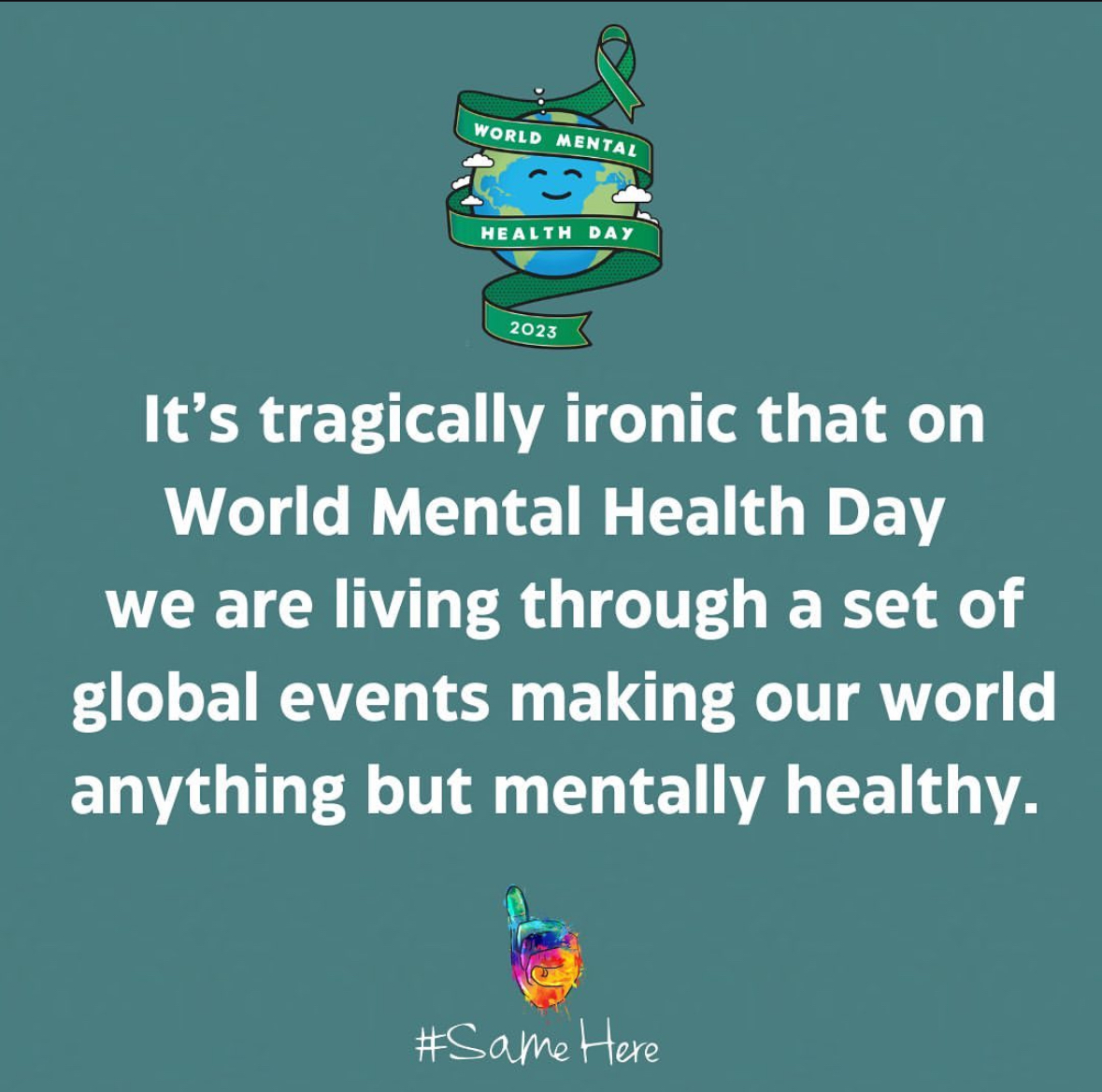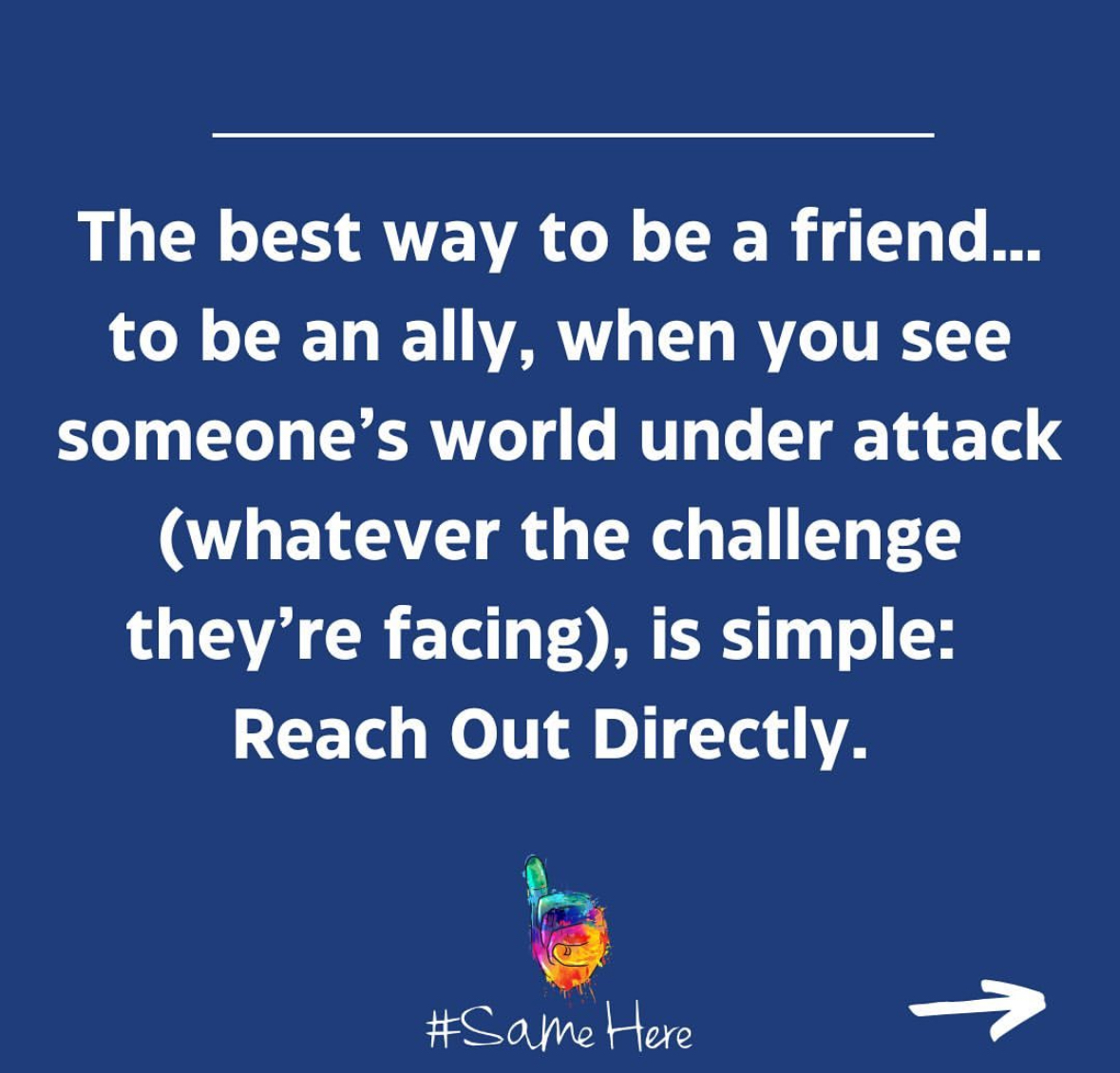I currently use a number of integrative techniques and strive to help patients in the ways that feel best to them. I believe that true mental wellness is achieved by addressing the whole person-mind, body, and spirit. As such, I work to incorporate treatments that address all aspects of human living. I use conventional medications as requested or as previously prescribed and work on lifestyle interventions, gut imbalance, supplements, and nutraceuticals. I also work with patients to incorporate mind-body techniques into their daily routines and help them learn to regulate their nervous systems. I trained in Ketamine assisted psychotherapy at PRATI and plan to incorporate KAP into my practice in the near future.




